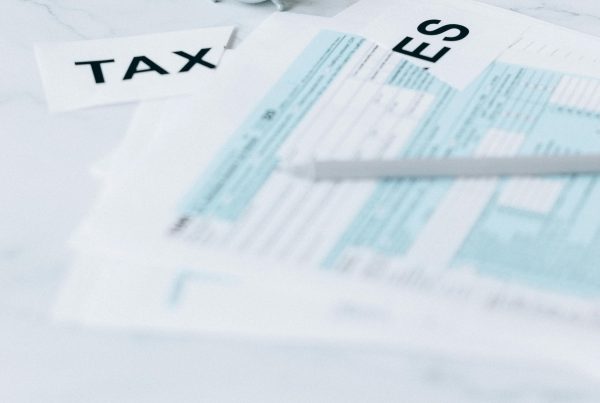Super Guarantee Amnesty Now Closed
The ATO has reminded employers that the superannuation guarantee (SG) amnesty closed on 7 September 2020. The amnesty enabled employers to self-correct historical SG underpayments, without incurring the normal penalties, for SG shortfalls from 1 July 1992 until 31 March 2018.
Any amnesty applications received by the ATO after 11:59pm on 7 September will not qualify for the amnesty and but instead will be treated as a standard lodgment of a super guarantee charge (SGC) statement.
Applications received after 7 September
The ATO says it will notify late applicants in writing of the quarters that aren’t eligible for the SG amnesty and charge the administrative component ($20 per employee per quarter). The ATO will consider whether to remit the additional SGC Part 7 penalty (up to 200%): see Draft Practice Statement Law Administration PS LA 2020/D1. A minimum penalty of 100% will apply if the ATO subsequently commences an audit in respect of non-disclosed quarters covered by the amnesty.
The ATO will issue a notice of amended assessment with the increased SGC amount owing. Any SGC payments made after 7 September 2020 are not deductible, even if they relate to SG shortfalls disclosed under the amnesty.
Applications received by 7 September
To retain the benefits of the amnesty, the law requires an eligible employer to pay the outstanding SGC amount in full or enter into a payment plan with the ATO. Note that the SGC amount disclosed in an amnesty application must be paid to the ATO (not the employee’s super fund).
Amnesty payments made after 7 September 2020 are not deductible (including amounts paid under a payment plan after 7 September). If an employer is subsequently unable to maintain payments under a payment plan, the ATO will disqualify the employer from the amnesty and remove the amnesty benefits for any unpaid quarters.
Example:
Lucia applied for the SG amnesty for five quarters from 1 January 2016 to 31 March 2017. The ATO advised her that she is eligible for the amnesty for all of the quarters. The amount of SG shortfall and nominal interest she owes is $500 per quarter – a total of $2,500.
Lucia sets up a payment plan to pay $500 a month for five months. She pays two instalments of $500 each ($1,000 in total) which cover the amounts owing for the quarters 1 January 2016 to 30 June 2016.
Lucia fails to pay the next three instalments in her payment plan and doesn’t renegotiate her payment plan with the ATO. As a result of the disclosures and instalments Lucia has paid, the quarters 1 January 2016 to 30 June 2016 remain eligible for the amnesty. However, the disclosures for 1 July 2016 to 31 March 2017 are disqualified from the amnesty.
The ATO advises Lucia which quarters are disqualified for the amnesty and amends the assessments to add the administration component and Part 7 penalties to those quarters. Because Lucia made the disclosure of unpaid SGC before the end of the amnesty period without the ATO prompting her, the Part 7 penalties may be remitted below 100% of the SGC. The ATO will continue to work with Lucia through its debt collection processes to collect the remaining amount of SGC she owes to her employees. This is $1,500 unpaid SG plus the administrative component and general interest charge.
Important: Clients should not act solely on the basis of the material contained in Client Alert. Items herein are general comments only and do not constitute or convey advice per se. Also changes in legislation may occur quickly. We therefore recommend that our formal advice be sought before acting in any of the areas. Client Alert is issued as a helpful guide to clients and for their private information. Therefore it should be regarded as confidential and not be made available to any person without our prior approval.



